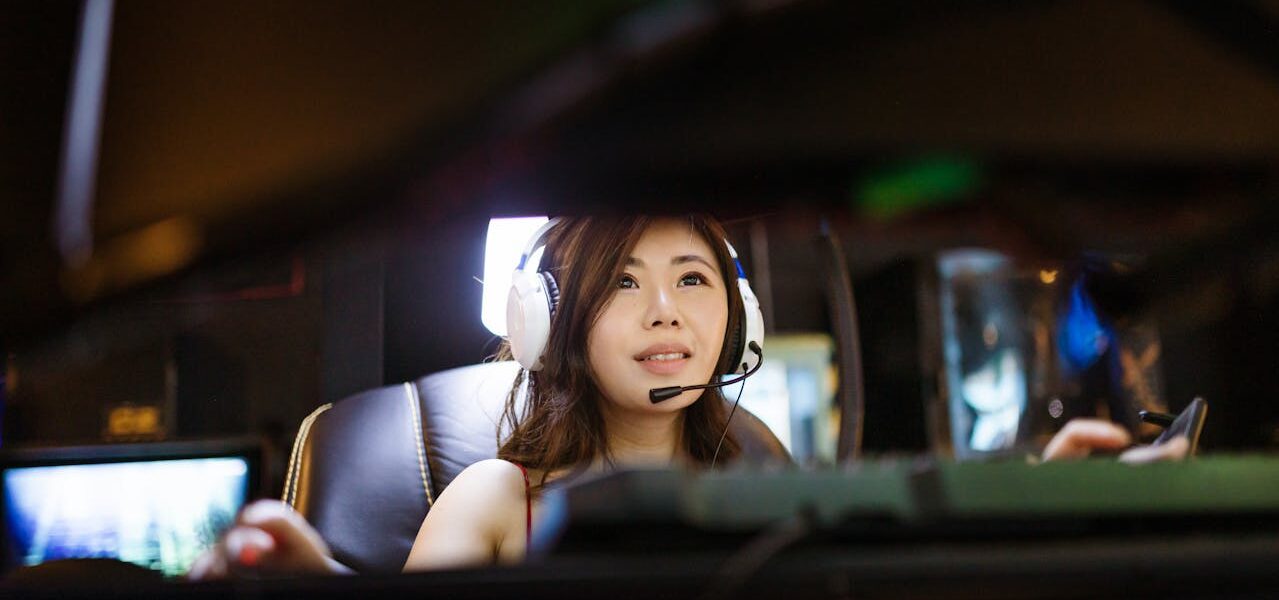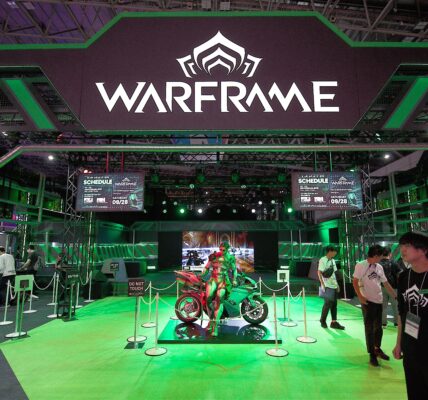Recent events surrounding Genshin Impact and its developer, HoYoverse, have highlighted important discussions on the ethics of loot boxes in gaming. On January 17, 2025, the U.S. Federal Trade Commission announced that HoYoverse would pay a $20 million settlement. This is after the allegations of misleading marketing practices concerning its “gacha” system, especially toward minors.
Details of FTC’s Settlement
A complaint was filed and settled regarding allegations that HoYoverse deceptively advertised its loot boxes to children and teens, concealing the actual cost and deceiving its players about their chance of receiving popular items. Genshin Impact misled children, teenagers, and other players into spending hundreds of dollars on prizes they had little chance of winning.
As part of the agreement, HoYoverse is now banned from selling loot boxes to players under 16, pending parental consent. The company must implement measures to comply with COPPA and delete data collected from users under 13 years old.
The Gacha System of Genshin Impact Explained
Essentially, this system utilizes the “Wish” system, a gacha system in which players use in-game currency to obtain items or characters randomly. These Primogems, the currency in question, can be earned through playing the game, but most players spend real money buying it. The probability of such items is often very low, and according to various reports, sometimes a player has to do up to 80 or 90 pulls to get that wanted five-star character. Such randomness opens up arguments related to gambling addiction and the financial exploitation of younger players.
Financial Impact and Industry Context
Gacha has been lucrative for gaming companies, reportedly raking in more than $15 billion annually. With this model, though, comes scrutiny from regulators worldwide. The FTC’s actions against HoYoverse may hint at a broader trend of stricter rules for the video game loot box mechanics.
The complaint of the FTC outlined that Genshin Impact’s convoluted money-to-money exchange system deceived consumers from correctly perceiving how much they are spending on its loot boxes. Players typically found themselves running through multiple levels of virtual currency. This makes it tricky to understand just how much such-and-such an item is costing in real money.
Future Implications of the Genshin Impact Practices
HoYoverse should install new parental consent and age-gate protections for its US users per the settlement. The settlement can be an example for other game developers with similar monetization practices. Some games of a similar taste, such as Honkai: Star Rail and Zenless Zone Zero, may have already given due diligence to these legal proceedings.
The FTC’s ruling may have far-reaching implications for the live-service gaming model as a whole. Suppose regulators continue to target “dark-pattern tactics,” which include misleading marketing practices designed to exploit consumer behavior. In that case, we may see more cases arise against other companies within the gaming industry.
The FTC’s recent enforcement action against HoYoverse represents a milestone in the ongoing controversy. Especially since we are all becoming aware of loot boxes and their influence on young players. As developers and regulators take every step toward integrating real-world monetization into games; providing transparency and fairness will be of prime importance. These actions, if you ask me, should be the factor that changes how Genshin Impact monetizes. It should also affect the broader industry standards regarding player protection. Children are the main demographic of those games. These predatory practices are just tearing down the wonderful industry that is gaming.




